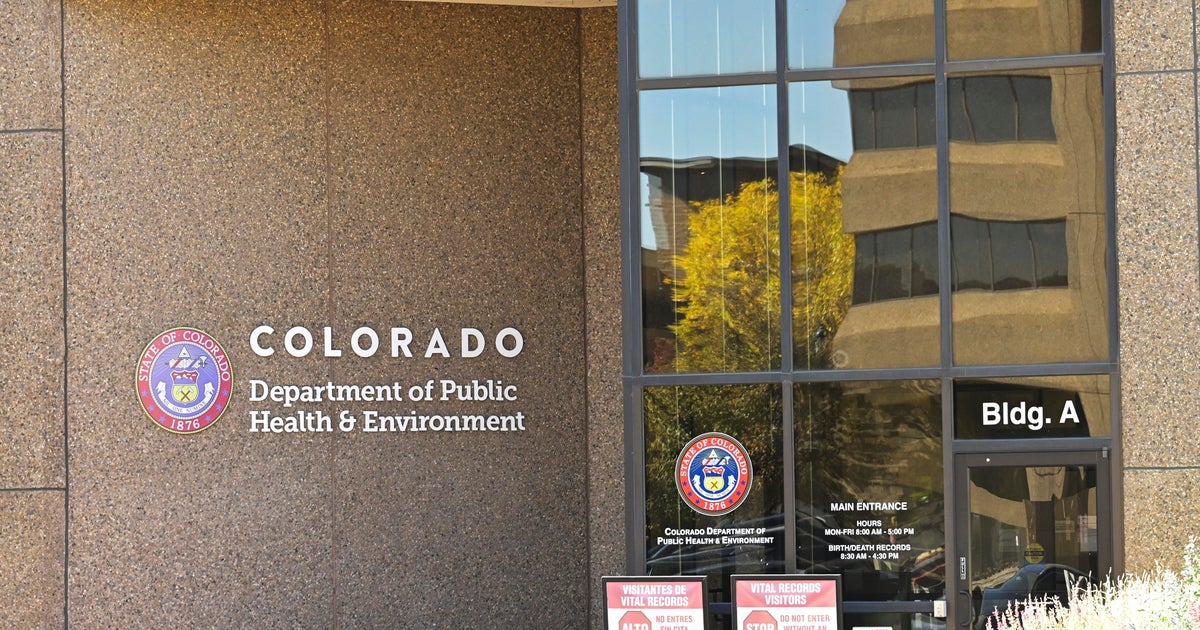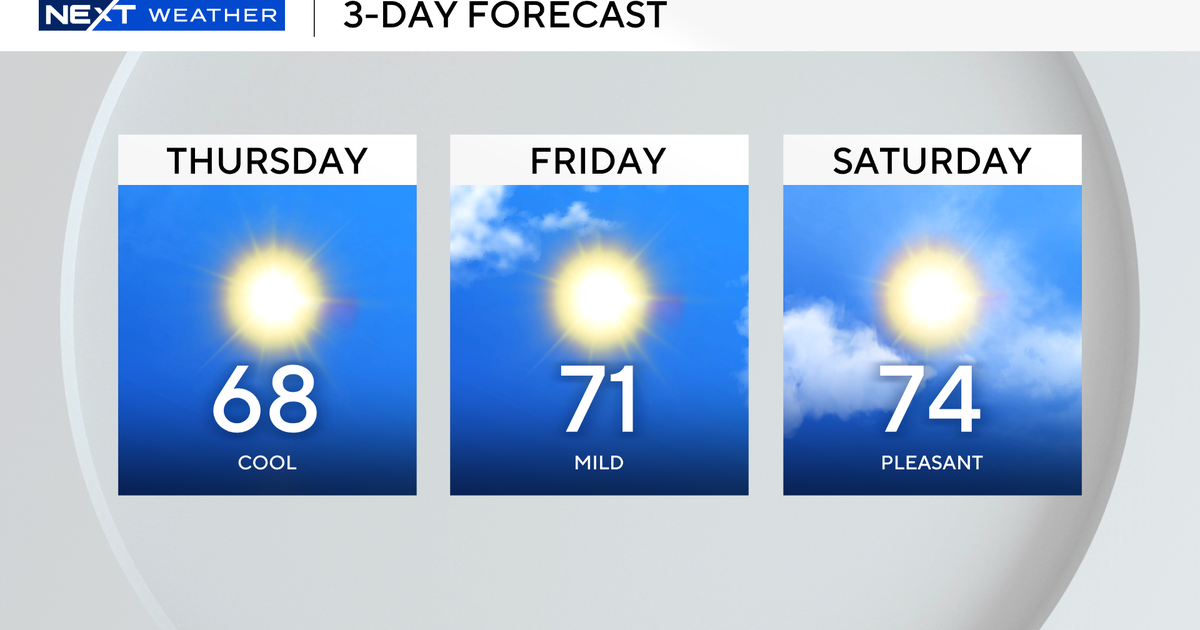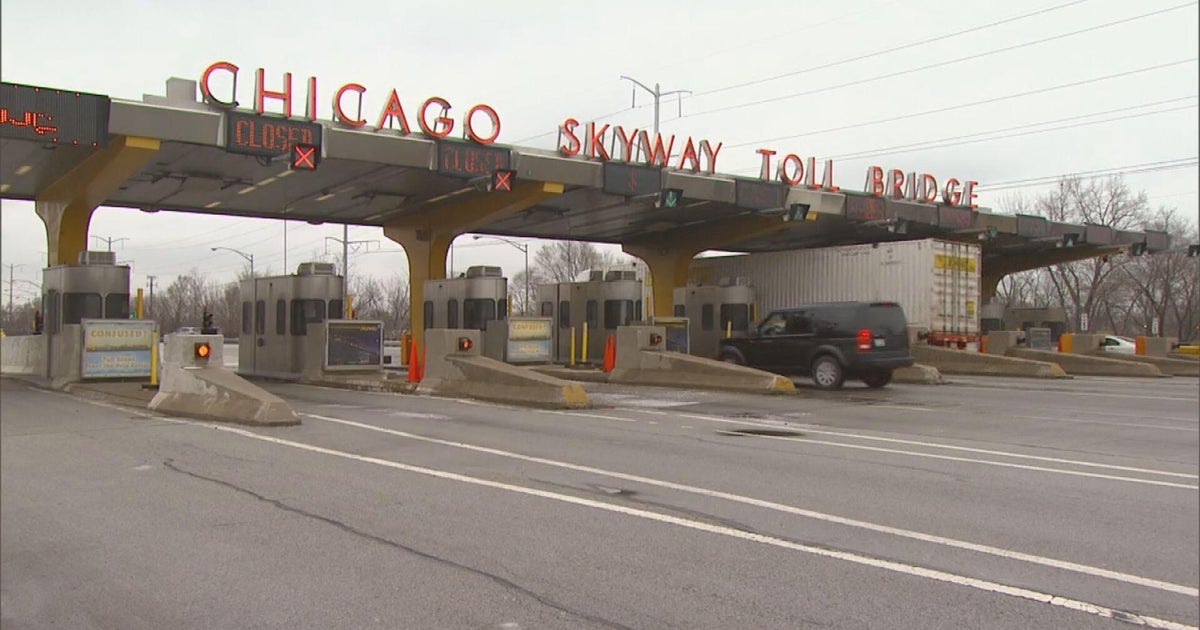Gas prices are falling along with demand, despite arrival of summer
Gas prices are falling across the nation, a pleasant surprise for U.S. drivers as fuel prices typically surge this time of year.
The average price for regular unleaded gas in the U.S. was $3.44 per gallon on Monday, down roughly 9 cents from a week ago, according to AAA. That's 19 cents less than a month ago and 14 cents less than last year, according to the auto club.
Gas prices are falling because demand for fuel has weakened and oil prices have tapered off, energy experts said, an unusual set of circumstances for the summer season when fuel demands generally peak as more Americans go on road trips for vacation.
"Not only have gasoline prices plummeted in nearly every state in the last week, but nearly every state has also seen prices drop compared to a month ago," Patrick De Haan, head of petroleum analysis at GasBuddy, said in a note Monday. "With the declines, Americans will spend roughly $425 million less per week on gasoline than a year ago."
Americans cut back on travel
Gasoline demand slipped to about 8.94 billion barrels a day last week, down from 10 billion barrels needed per day this same time last year, according to the U.S. Energy Information Administration. One reason fuel demand has fallen appears to be that Americans are not traveling as much as they used to, noted one expert.
"Demand is just kind of shallow," AAA spokesperson Andrew Gross said. "Traditionally — pre-pandemic — after Memorial Day, demand would start to pick up in the summertime. And we just don't see it anymore."
To be sure, Americans are pinching their wallets tighter due to sticky inflation which is leading many consumers to change their habits. Demand for gas is also down as more drivers have opted for electric or hybrid vehicles, experts said.
The drop in gas prices is also notable given that oil companies are now switching to their summer blend of fuel, which is uniquely designed to not evaporate as quickly in warmer weather. Refineries make more than 14 kinds of summer blend due to different state regulations, making the production process even longer, thus driving up prices.
Additional factors fueling price decline
Still, other factors are also at play. The Biden administration last month announced that it would release 1 million gasoline barrels, or about 42 million gallons, from a Northeast reserve with the aim of lowering prices at the pump.
Experts also point to cooling oil costs. Prices at the pump are highly dependent on crude oil, which is the main ingredient in gasoline. West Texas Intermediate crude, the U.S. benchmark, has stayed in the mid $70s a barrel over recent weeks, closing at under $78 a barrel on Monday. That's "not a bad place for it to be," Gross said.
"This price-decline party is ramping up, and I expect additional declines ahead of July 4 for both gasoline and diesel prices," De Haan said.
Oil prices can be volatile and hard to predict because they're subject to many global forces. That includes production cuts from OPEC and allied oil-producing countries, which have previously contributed to rising energy prices.
— The Associated Press contributed to this report.







